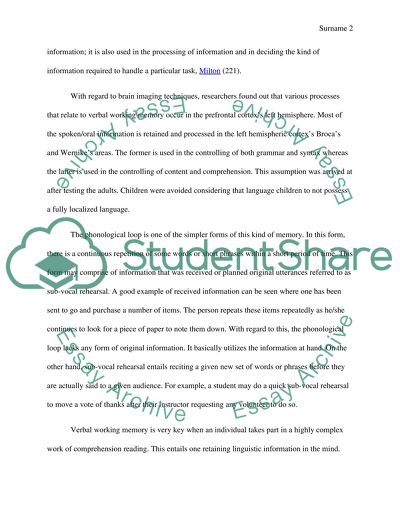Cite this document
(“Language and brain Research Paper Example | Topics and Well Written Essays - 1500 words”, n.d.)
Retrieved from https://studentshare.org/psychology/1633101-language-and-brain
Retrieved from https://studentshare.org/psychology/1633101-language-and-brain
(Language and Brain Research Paper Example | Topics and Well Written Essays - 1500 Words)
https://studentshare.org/psychology/1633101-language-and-brain.
https://studentshare.org/psychology/1633101-language-and-brain.
“Language and Brain Research Paper Example | Topics and Well Written Essays - 1500 Words”, n.d. https://studentshare.org/psychology/1633101-language-and-brain.


